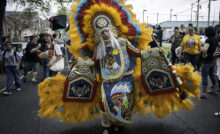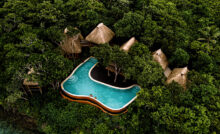Monaco : The Eco-Friendly Responsible Tourism Destination!

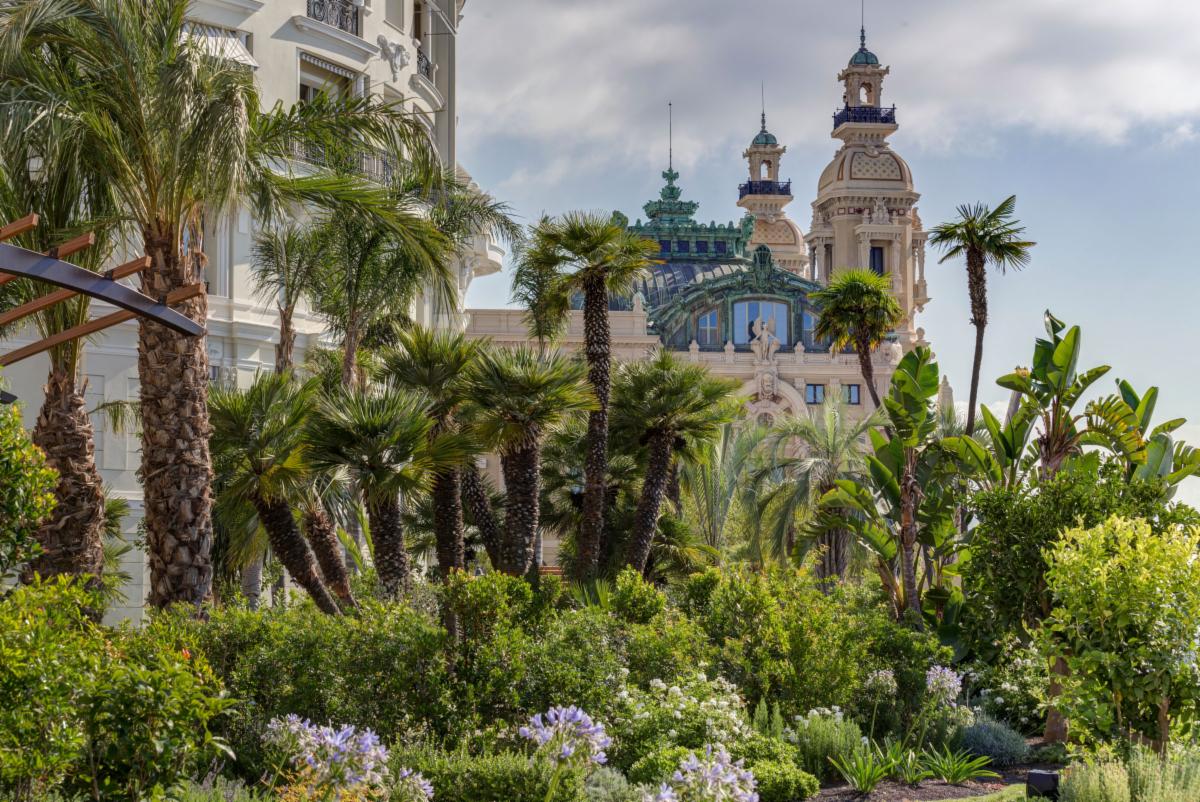
The Principality of Monaco has initiated a massive step forward in meeting its environmental protection goals, with a groundbreaking White Paper on Responsible Tourism. Yet another action to further Monaco’s focus on preserving biodiversity, judiciously managing resources, and reducing greenhouse gas emissions, the document uses findings from surveys, comparative studies, and discussion workshops to prepare for future tourism and make it more sustainable.

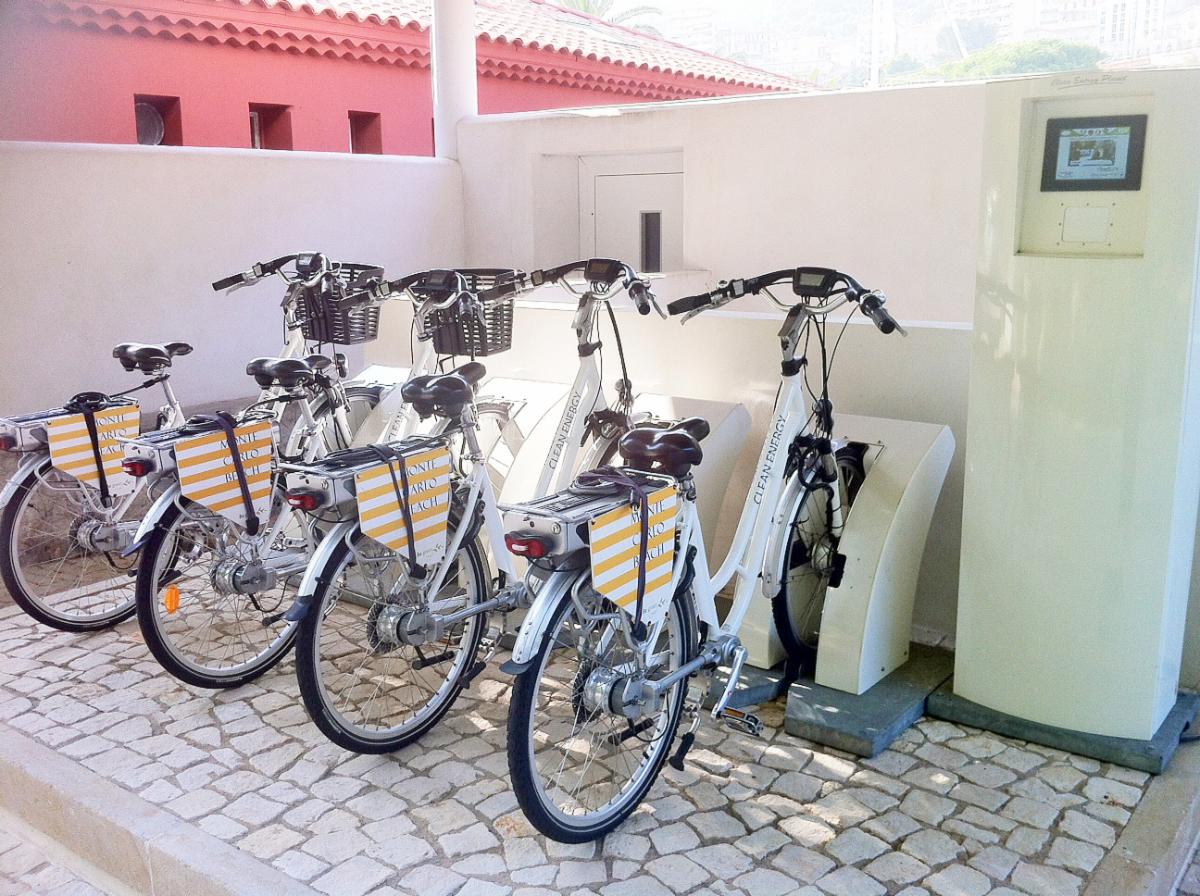
Monaco is a riviera gem and an international cultural centre for ballet, opera, music, theatre, and sports. A destination that has much to offer to the business-minded and luxury seekers alike, the Principality’s hospitable hotels and landmark tourist spots have hosted some of the world’s most discerning travellers. Monaco and its partners are already in the process of implementing optimum resource management solutions through a binding environmental certification adopted by the majority of hotels, and a genuine commitment towards promoting soft mobility, recycling, and food waste reduction.

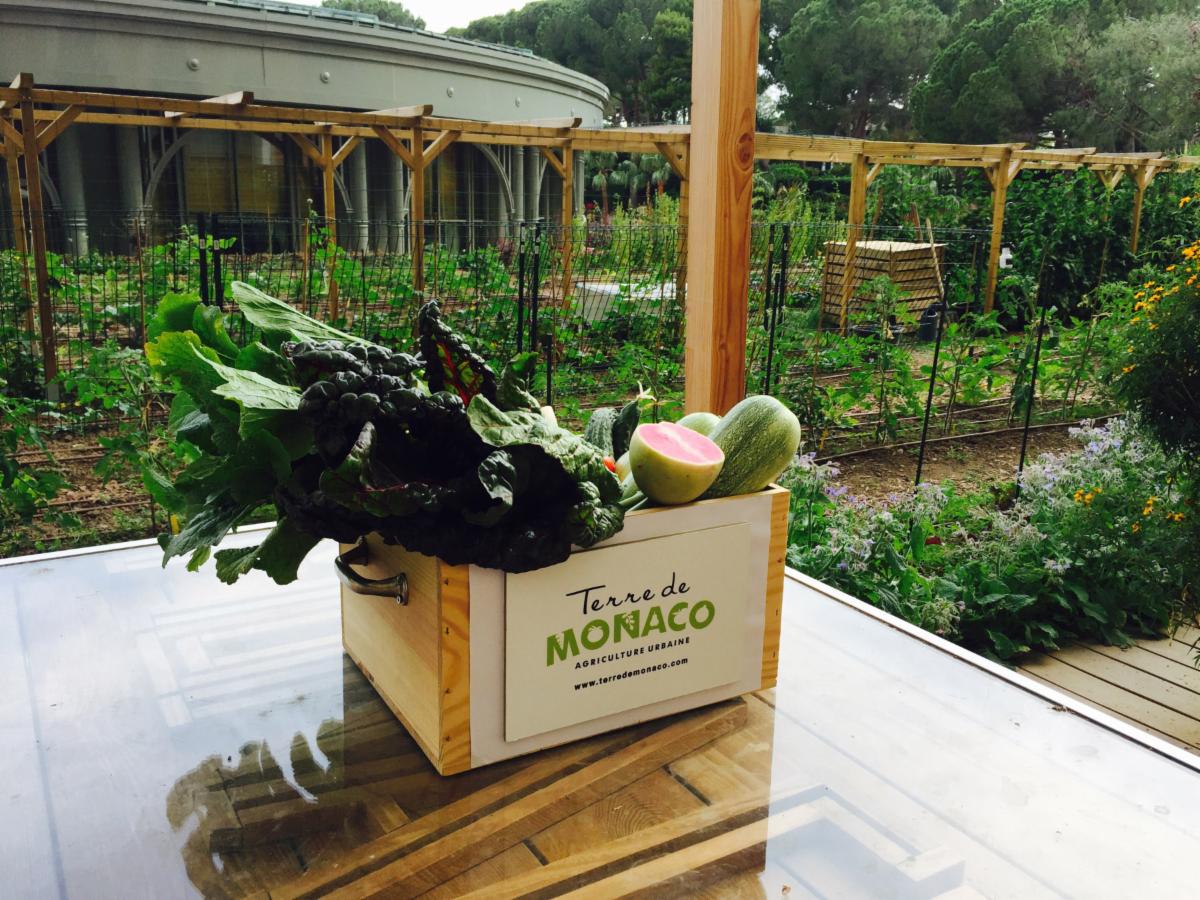
H.S.H. Prince Albert II of Monaco is committed to a robust sustainable development policy aimed at cutting greenhouse gas emissions by 55% by 2030 (in comparison to 1990 levels) and achieving carbon neutrality by 2050. This White Paper is the result of a project that was started in 2020 to analyse the strengths and weaknesses of tourism in Monaco and make it more environmentally responsible, based on the UN Sustainable Development Goals and Monaco’s energy transition targets. This tool will enable the tourism sector to recover from the impact of the pandemic in a more responsible and conscious manner.
Prepared by the Tourist and Convention Authority and François Tourisme Consultants, together with all of the destination’s partners, assistance from the Mission for Energy Transition, and the support of the Department of the Environment; the White Paper on Responsible Tourism in Monaco was presented on Monday, 29th November 2021 in the presence of Jean Castellini, Minister of Finance and Economy; Caroline Rougaignon, President of the Economic, Social and Environmental Council; Annabelle Jaeger-Seydoux, Director of the Mission for Energy Transition; Patrick Rolland, Deputy Director of the Department of Environment; and partners and stakeholders from the tourism sector. With a preface by H.S.H. Prince Albert II of Monaco and Mr. Zurab Pololikashvili, Secretary-General of the World Tourism Organization, the document highlights areas of improvement and suggests actions that will be used to develop a responsible tourism strategy.
More from our site
Recent Posts
Shaping Tomorrow’s Golf Champions With Leela Palace Bengaluru
The 3rd edition of The Leela Golf Tournament celebrated young talent and brought together skill, precision and camaraderie!
The 3rd edition of The Leela Golf Tournament celebrated young talent and brought together skill,…
The Duo Behind KAIA Goa & Gigi Bombay, Redefines Hospitality
In conversation with the founders of Pawan Shahri and Nikita Harisinghani, the duo behind Chrome Hospitality Asia
In conversation with the founders of Pawan Shahri and Nikita Harisinghani, the duo behind Chrome…
Precision, Durability, and Swiss Legacy
Victorinox launches the Swiss Army collection, featuring three distinct models that emphasise exceptional quality, resistance and versatility
Victorinox launches the Swiss Army collection, featuring three distinct models that emphasise exceptional quality, resistance…
A New Era of Luxury Interiors With Sussanne & Gauri Khan
Sussanne Khan & Gauri Khan unite to bring an awe-inspiring, six-storey sanctuary of luxury, art, and design in Hyderabad
Sussanne Khan & Gauri Khan unite to bring an awe-inspiring, six-storey sanctuary of luxury, art,…
Air India x Lufthansa: Fly To These International Destinations Now
Expanding their codeshare partnership, Air India and Lufthansa Group have added 100 new routes to their combined network
Expanding their codeshare partnership, Air India and Lufthansa Group have added 100 new routes to…
Luxury’s Most Recent & Vibrant Launches This Season
The luxury landscape is brimming with bold innovations, striking partnerships, and immersive experiences
The luxury landscape is brimming with bold innovations, striking partnerships, and immersive experiences
